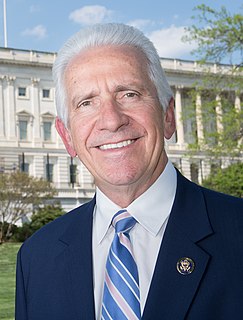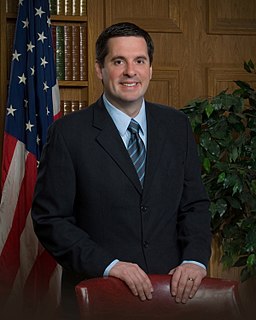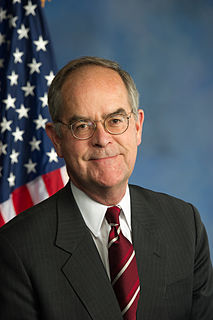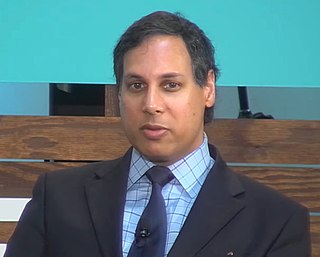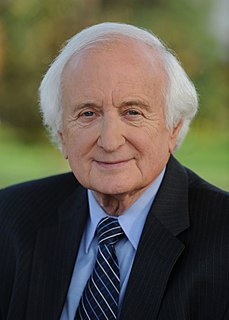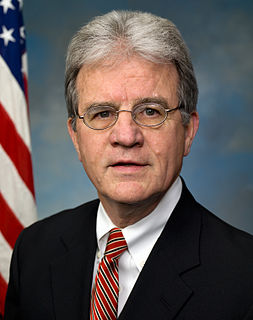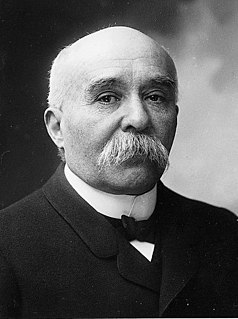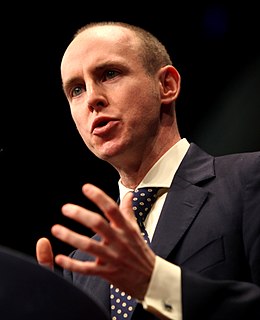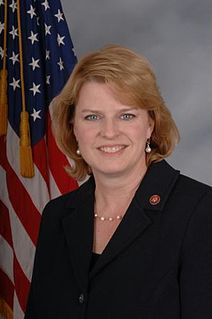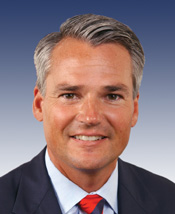Top 1200 Fiscal Policy Quotes & Sayings - Page 13
Explore popular Fiscal Policy quotes.
Last updated on December 19, 2024.
Another longstanding foreign policy flaw is the degree to which special interests dictate the way in which the "national interest" as a whole is defined and pursued.... America's important historic relationship with Israel has often led foreign policy decision-makers to defer reflexively to Israeli security assessments, and to replicate Israeli tactics, which, as the war in Lebanon last summer demonstrated, can turn out to be counter-productive.
There is a pervasive mistrust that grew out of the Cold War and still continues today - even though there are a lot more mutual interests between Europe, Russia and the United States than ever before. But the way we organize things today, it takes years to negotiate. By the time you get a result, the technology has far outrun the policy. So we have to start a dynamic, sustainable type of policy deliberations that can catch up with technology.
If instead policy makers and program managers participate in an interdisciplinary assessment team, make informal visits to local families and have in-depth conversations with local providers and health authorities, the real needs and complex challenges of organizing good reproductive health services become apparent.The first country that implemented this participatory program of assessment, research and policy development was Brazil. I was one of the outsiders who provided support to the initiative.
A much more radical conclusion . . . that, so far as I know, is shared by only a very few students of public choice [is]: that government employees or people who draw the bulk of their income from government by other means should be deprived of the vote . . . It is another example of the opening up of alternatives for investigation and the presentation of new conceivable policy options characteristic of public choice, rather than a policy that all its students favor.
I would never say they look exactly the same, but what I would say is that the differences are not enough to save your job, to save your life, or to save the planet. And what we have right now is a race to the bottom, between the greater and lesser evil. [Donald] Trump is a very dangerous and despicable demagogue. However, you know, policy for policy, Hillary's [Clinton] are also extremely dangerous.
RTE was set up by legislation as an instrument of public policy, and, as such is responsible to the government. The government have overall responsibility for its conduct, and especially the obligation to ensure that its programmes do not offend against the public interest or conflict with national policy as defined in legislation. To this extent the government rejected the view that RTE should be, either generally or in regard to its current affairs programmes, completely independent of government supervision.
It's far from clear in general that Donald Trump is a guy who really thinks about the details of policy and is going to do the kind of heavy lifting you have to do as president to get those policies through in Congress. I think the hope is that Paul Ryan and his crew will push policies through Congress and Trump will just sign them. That's not really how policy works.
In fact, it is the dictatorship's policy that isolates the people of Burma while it reaches out to different countries every year and opens new embassies around the world. It is the dictatorship's policy that kills civilians and makes people poor. As long as the dictatorship is in power, foreign trade and investment in Burma will not benefit people. Instead, it will end up fueling the oppression in Burma.
It is a key fact about American policy in Vietnam that the withdrawel of American troops was built into it from the start. None of the presidents who waged war in Vietnam contemplated an open-ended campaign; all promised the public that American troops would be able to leave in the not-too-remote future. The promise of withdrawel precluded a policy of occupation of the traditional colonial sort, in which a great power simply imposes its will on a small one indefinitely.
Germany has always stood for an E.U. of the 27 countries. But in light of Britain's continued resistance to further integration steps, as we saw with the fiscal pact, there are limits to my optimism in this regard. It's quite possible that we will have to create the new institutions for the euro zone first.
What's going to be hard for the United States is that our policy for a long time has been a two-state solution; the Palestinians should have their own state. Now, the Palestinians are going to the U.N. and saying, 'We're having the U.N. vote to say we have our own state. Well, if that's your policy, United States of America, why are you vetoing it?' Which we will do.
But, that’s the whole point of corporatization - to try to remove the public from making decisions over their own fate, to limit the public arena, to control opinion, to make sure that the fundamental decisions that determine how the world is going to be run - which includes production, commerce, distribution, thought, social policy, foreign policy, everything - are not in the hands of the public, but rather in the hands of highly concentrated private power. In effect, tyranny unaccountable to the public.
You wouldn't know that if you talked to Human Rights Watch or Amnesty International or some of the international activist organizations. Certainly you wouldn't know that if you were talking to some of the writers who criticize our drone policy. But I've actually told my staff it's probably good that they stay critical of this policy, even though I think right now we're doing the best that we can in a dangerous world with terrorists who would gladly blow up a school bus full of American kids if they could.
The policy of letting the child 'do what he likes' is an insidious one, since the children are encouraged to continue always at their original superficial level, without receiving guidance in study. Furthermore, the 'three Rs,' the fundamental tools, are neglected as long as possible, with the result that the child's chance to develop his mind is greatly retarded. The policy of teaching words via pictures instead of by the alphabet tends to deprive the young child of the greatest reasoning tool of all.
The theory of economic shock therapy relies in part on the roleof expectations on feeding an inflationary process. Reining in inflation requires not only changing monetary policy but also changing the behavior of consumers, employers and workers. The role of a sudden, jarring policy shift is that it quickly alters expectations, signaling to the public that the rules of the game have changed dramatically - prices will not keep rising, nor will wages.
From the Great Depression, to the stagflation of the seventies, to the current economic crisis caused by the housing bubble, every economic downturn suffered by this country over the past century can be traced to Federal Reserve policy. The Fed has followed a consistent policy of flooding the economy with easy money, leading to a misallocation of resources and an artificial 'boom' followed by a recession or depression when the Fed-created bubble bursts.
Ronald Reagan was one of our great foreign policy Presidents. He did not come from the Senate. He did not come from the foreign policy world. He was a governor, but his resolve, his clarity of purpose, his intelligence, his capacity to deal with complex issues and solve tough problems served him extremely well, and if I were elected President, I hope I could rely upon those same qualities.

